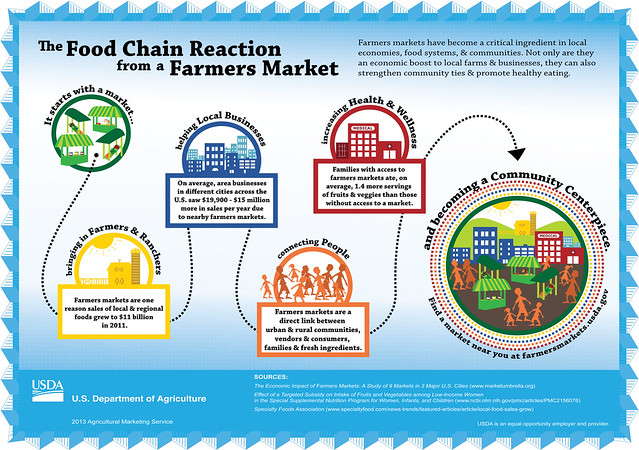By Hannah Henry, Manager of Marketing & Public Relations, Brand
Junior Achievement USA
City & Guilds CEO, Chris Jones, once said, “Unfortunately, some people believe that soft skills aren’t that important. However, almost every employer I’ve ever talked to about this disagrees. In a world where job roles are changing rapidly, soft skills will be one of the few constants…” When you think about all of the new colleagues you have met over the years, the teams you’ve worked on, and the challenges you’ve faced within your business, soft-skills are at the heart of it all.
While some might argue that soft skills hold lesser value to a business, a report from International Association of Admin Professionals, OfficeTeam and HR.com reveals 67% of HR managers reported they would hire a candidate with strong soft skills, even if his or her technical skills were lacking. Why might this be? Employees with strong soft skills have the ability to grow and flourish in any environment due to the fact that they have experience and interpersonal skills that make adapting easier than those who lack such skills.
Soft skills include communications, listening, and emotional perceptivity, such as empathy and sympathy. These skills tend to reside in personal attributes, personality, and character traits, and social cues picked up throughout one’s life. These skills allow people to connect with one another by effectively “reading” those they interact with. These are not skills that are learned in a short period of time, instead, they are acquired, tuned, and even perfected throughout experiences and time.
Building Soft Skills in the Workplace
Research from the Hay Group identified managers that incorporate a range of “soft talent”, those with soft skills, in their leadership approach have been shown to increase their team performance by about 30%. Through the survey work of LinkedIn profiles of people who are getting hired at the highest rates, it was determined: creativity, persuasion, collaboration, adaptability, and time management were the 5 most in-demand soft skills sought by companies in 2019. How can a company harness these skills in their workplace? The answer is not to find new candidates to fill positions. Training in these areas is available. In fact, research from MIT Sloan determined that soft skills training may improve productivity within an organization. Findings also included that such training returned roughly 250% on investment within eight months post-study.
Finding Candidates with Soft Skills
Hard skills or technical skills are easier to identify when meeting a potential employee. For the most part, the candidate will include their experience and hard skills on their resume, as well as mention them in an interview. Soft skills are not so easy to identify. When you’re looking at a possible candidate for a position, most employers are looking to ensure a person can do the job at hand. They want to have the reassurance that this individual can handle the complexity of the workload and complete crucial projects. But by focusing on only this skillset, also known as “hard skills”, employers are overlooking the underlying skills that determine how a candidate will interact with those around them, be able to connect with their peers, managers, and even clients. Not everyone develops soft skills at the same pace, but experience assists with the development. More experience can equate to building stronger skills at a faster pace compared to those who have not stayed within a position or a company for long.
Interview Questions to Ask
LinkedIn revealed that only 60% of hiring managers agree that screening for soft skills is tough, but crucial as it will determine how new hires will be able to interact with your team. The professional networking platform identified 6 key soft skills and questions to ask to decode how a candidate’s level of soft skills.
1. Adaptability
Ask the candidate to discuss a time when they were asked to do something they haven’t done before, how they reacted and what they learned.
2. Culture Fit
Explore what the interviewee is looking for in a job by asking what three things are most important to them in a position or workplace environment.
3. Collaboration
Have the candidate give examples of when they had to work with someone who was challenging to work with, how they handled working with this particular individual, and what the outcome was.
4. Leadership
Ask the interviewee to discuss when something significant didn’t go according to plan at work, what was their role in the project or task, and the final result.
5. Growth Potential
Have the candidate discuss how they handled a crisis or problem when their manager was unavailable and who they consulted with to determine the solution.
6. Prioritization
Ask the interviewee to tell you about a time when they had to juggle several projects at the same time, how they were able to manage their time and the final result.
To learn more about how students can develop their soft skills to prepare for the workforce, check out JA Career Success®!
In addition, Junior Achievement of South Florida offers its program JA Career Bound to high school students in South Florida. JA Career Bound is a cutting-edge, skills-building leadership program where participants learn the skills necessary to succeed in today’s workforce.
After an opening retreat, students meet once a month for program days focused on specific industries. Students visit some of South Florida’s premier businesses to learn firsthand about the career opportunities and what companies are looking for in future employees. Students learn from top executives who share their journeys to success.
We use interactive JA curriculum to teach key work skills, including communication, critical thinking, goal setting, interviewing, personal branding, problem-solving, public speaking, resume building and teamwork. At the end of the year, students will have the opportunity to put their skills into action by participating in various paid internships with job shadowing. For further details, including registration, CLICK HERE.












